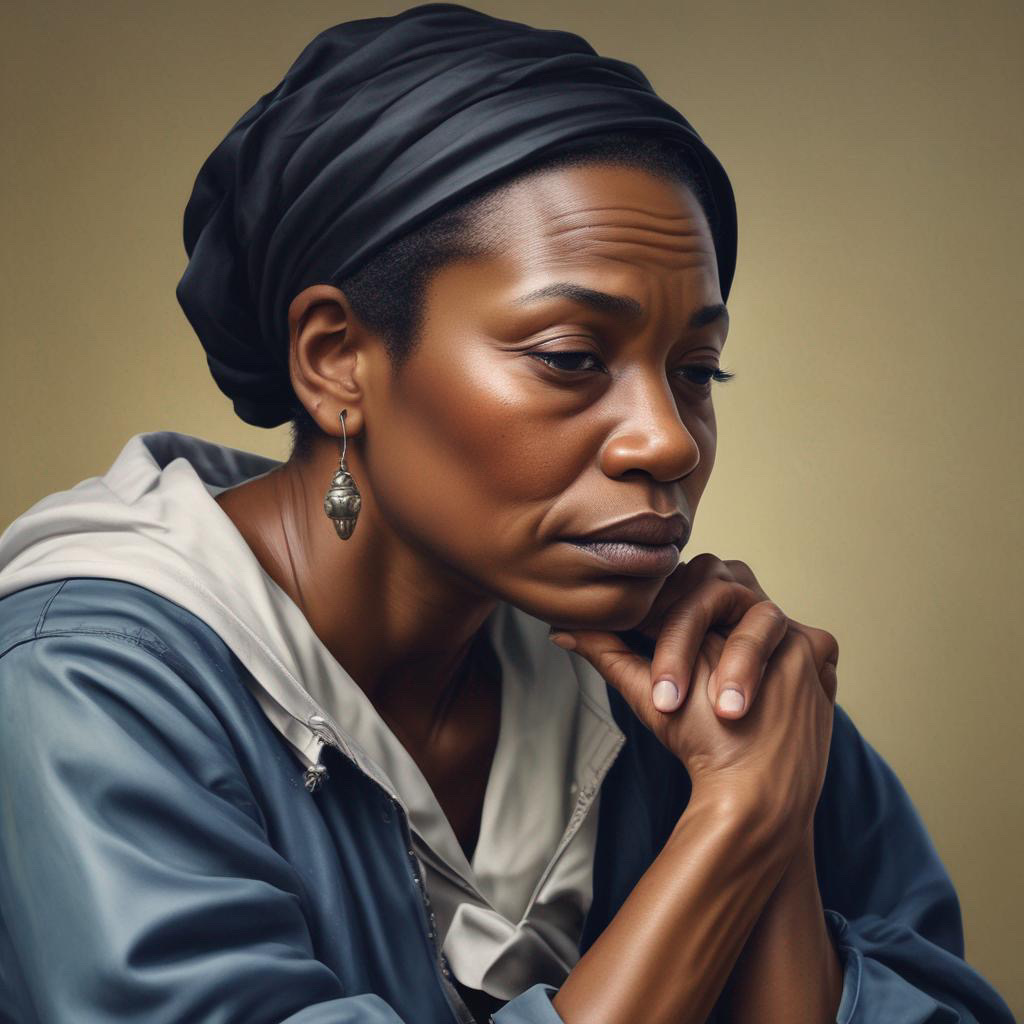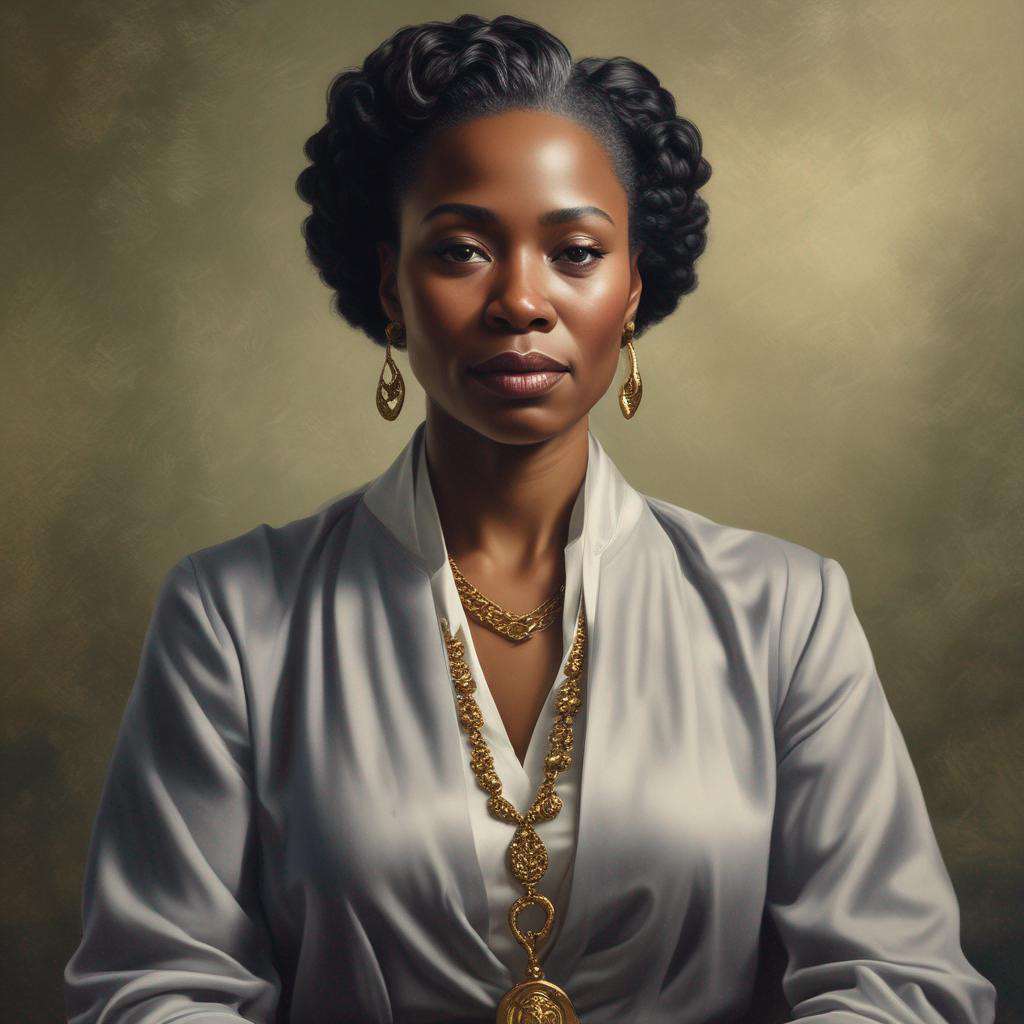As I reflect on the words of Jeremiah 29:11-14, I find myself immersed in the rich history of my ancestors. “For I know the plans I have for you,” the Lord declares, “plans to prosper you and not to harm you, plans to give you hope and a future.” These verses resonate deeply, not just as a promise but as a testament to the resilience woven through the fabric of Black life in America.
I think about the trials faced by my forebears—centuries of enslavement, the relentless struggle for civil rights, and the ongoing fight against systemic oppression. However, they embodied a spirit of unwavering hope through every dark chapter. I remember stories of those who escaped the shackles of slavery via the Underground Railroad, risking everything for freedom. Their courage reflects the promise found in Jeremiah: a belief that a better future is not only possible but destined.
Reflecting on my community today, I see the same resilience echoing through generations. The Civil Rights Movement stands as a powerful testament. Leaders like Martin Luther King Jr. faced violent backlash and systemic denial, yet they marched forward, fueled by faith and hope. Their actions resonate with God’s promise that God will be found when we earnestly seek God with our whole hearts.
However, I also recognize that conditions for a hopeful future must be cultivated. Education plays a crucial role; it empowers individuals and uplifts communities. I see programs that advocate for access to quality education, mentorship, and resources, creating pathways for young Black minds to flourish. This echoes God’s instruction in Jeremiah to “build houses and settle down” to invest in our communities and future.
Moreover, the power of collective action must be considered. Movements like Black Lives Matter remind me that the fight for justice continues, grounded in the belief that everyone deserves dignity and respect. This activism is a living expression of hope—a reflection of the promise that God has not abandoned us. When we come together, sharing our stories and standing in solidarity, we create a bond of resilience that can withstand the trials of this world.
I often consider the emotional and spiritual health of my community. Mental health awareness fosters resilience, and therapy, meditation, and community support systems help individuals heal from historical trauma. Jeremiah stated that this spiritual healing is essential for embracing the future with hope. It is through this seeking that we discern our purpose and strength.
In this moment of reflection, I am reminded that hope is not passive; it is an active pursuit. It calls for engagement, courage, and faith. As I look to the future, I am convinced that our collective resilience will continue to pave the way for a brighter tomorrow. God’s plans for us are not merely individualistic; they are woven into the communal fabric of our lives. When we seek God, we find the strength to rise, dream, and create a legacy of hope for generations. In this journey, I affirm that the path ahead, though fraught with challenges, is illuminated by the promise of transformation. We will build, dream, and thrive—because God’s plans for God’s people are indeed plans for hope and a future.





